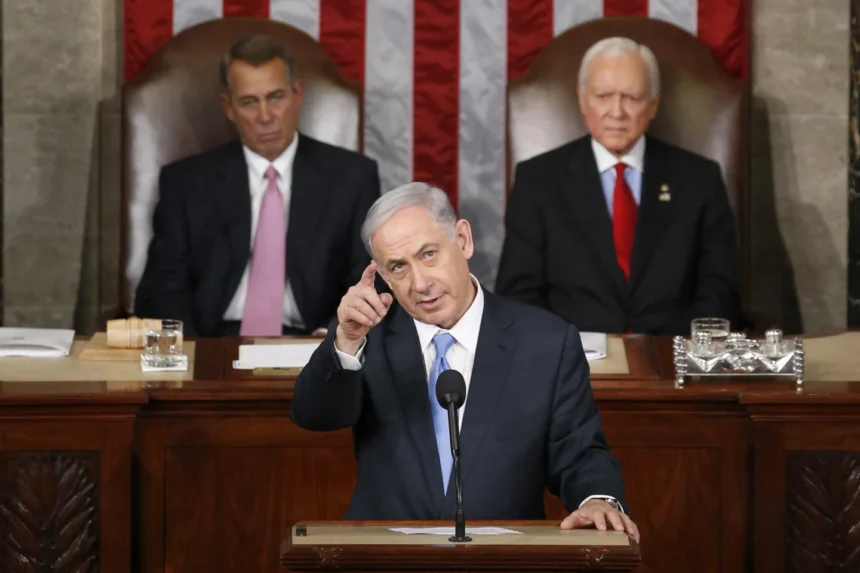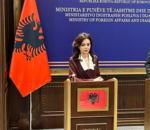(AP) – After appearing deeply diminished by the Hamas attack on October 7, 2023, Israeli Prime Minister Benjamin Netanyahu seems rejuvenated as Israel faces another unprecedented crisis: a war with Iran. With direct U.S. support against a threat he has long focused on, the 75-year-old leader is demonstrating a resurgence that could significantly reshape his political legacy.
The devastating Hamas assault, which resulted in 1,200 killed and 251 taken hostage, had severely tarnished Netanyahu’s image and caused his public support to plummet. Many Israelis held him personally responsible for the security failures that enabled the attack. Furthermore, Netanyahu has been embroiled in a corruption trial since 2019, facing charges of bribery, fraud, and breach of trust across three separate cases. Internationally, he also faces an arrest warrant from the International Criminal Court (ICC), issued in November 2024, for alleged war crimes in Gaza.
However, the escalating conflict with Iran, particularly the U.S. airstrikes on Iranian nuclear facilities on June 22, 2025, has provided a potential political lifeline for Netanyahu. He has long portrayed Iran’s nuclear program as an existential threat to Israel, making it a central theme of his lengthy political career, which spans over 17 years as Prime Minister across multiple terms (1996-1999, 2009-2021, and since 2022).
Following the U.S. intervention, Netanyahu expressed profound gratitude to President Donald Trump, hailing the action as something that would “change history.” This swift U-turn in his public demeanor and the united front with the U.S. could allow him to be seen as the resolute leader confronting a critical threat, potentially salvaging his sagging political fortunes.
Despite this newfound momentum, challenges persist. The war in Gaza continues with no immediate end in sight, and many Israeli hostages remain in captivity, contributing to lingering public dissatisfaction. While the current conflict might boost his standing, analysts caution that any political gains could be temporary and dissipate by elections scheduled for next year. Netanyahu remains a polarizing figure, and his international standing continues to be affected by the ICC warrant and widespread criticism in the Arab world regarding the Gaza conflict.
The question remains whether Netanyahu, often called a “phoenix” of Israeli politics for his ability to rebound from crises, can sustain this shift and ultimately redefine his legacy in the eyes of the Israeli public.







